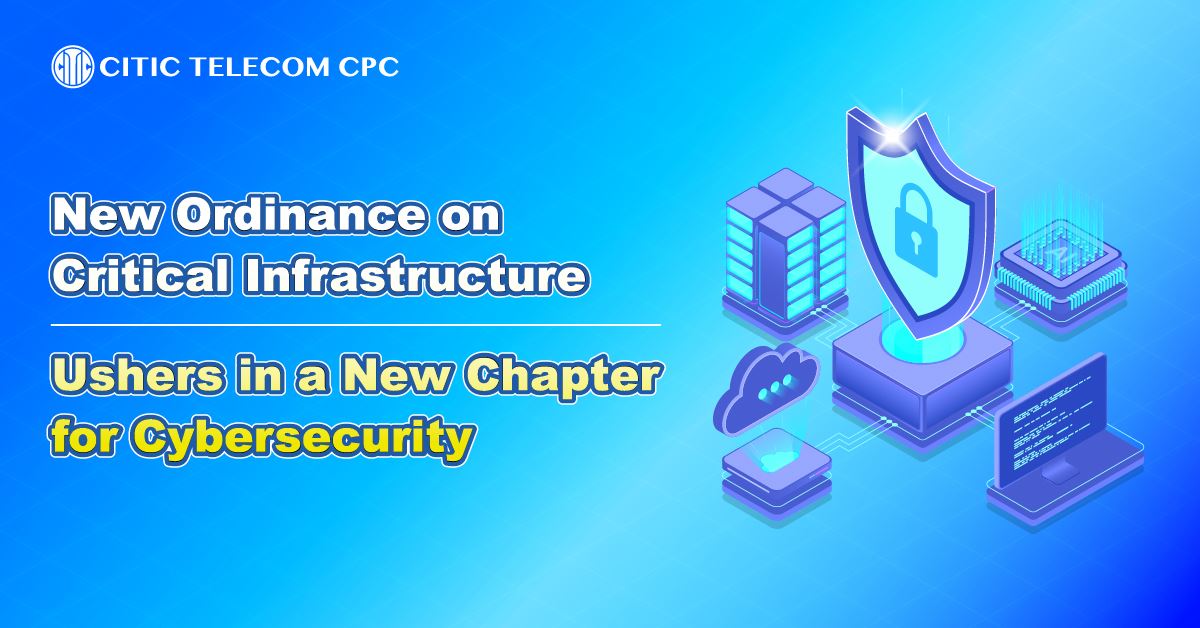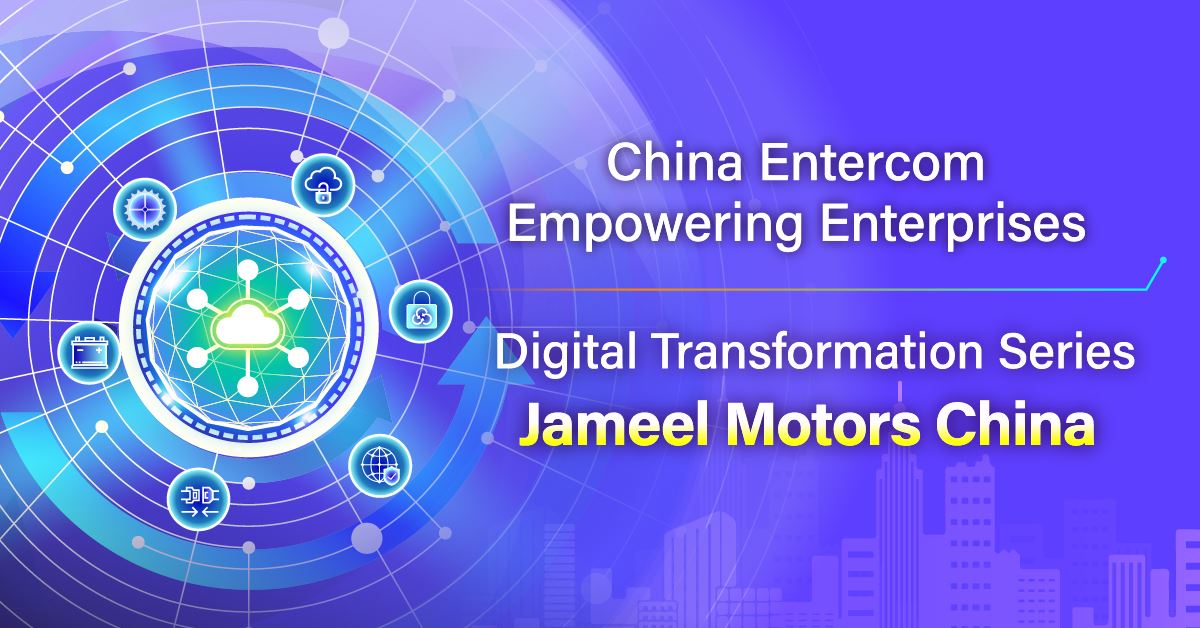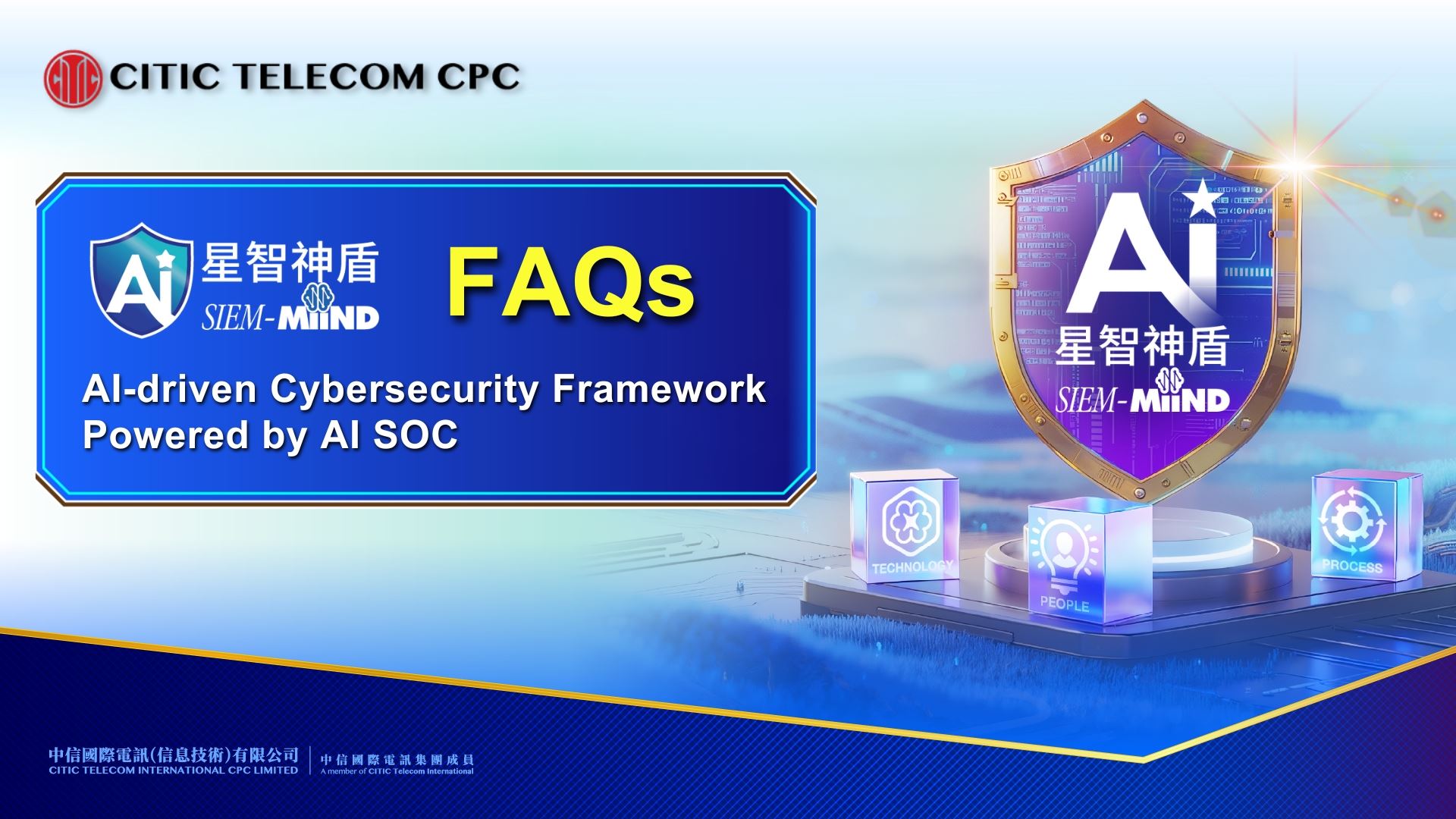![Cloud computing]()
Cloud computing has become a major trend in today's business environment. According to Google, over 40% of surveyed companies reported actively using cloud computing services to cope with the challenging macroeconomic environment following the pandemic. This article will introduce cloud computing and its applications in detail, helping you fully grasp the global trends and embrace digital transformation.
Introduction to Cloud Computing
Cloud computing is a network-based computing model that provides cloud resources, applications, and data to users over the Internet, allowing them to access and use these resources anytime, anywhere without owning or managing the related hardware and software. Cloud computing services and resources can be used on-demand and highly scalable according to the business needs of enterprises.
Pros & Cons of Cloud Computing
Cloud computing offers the following business benefits:
-
Flexible resource scaling: Cloud computing allows users to flexibly allocate computing resources, such as CPU, memory, and network bandwidth, based on demand, without a huge investment of IT budget and time in building and maintaining their own IT infrastructure.
-
Lower setup and maintenance costs: Using cloud computing services can reduce IT costs because it does not require them to purchase and maintain their own hardware and software. Instead, they can enjoy the hassle-free managed cloud services provided by cloud computing services providers.
-
Secure data sharing: Cloud computing allows secure access and sharing of cloud data over secure network connections by assigning different user permissions.
-
Higher fault tolerance: With a distributed cloud computing architecture, even if one server or cloud resource fails, cloud services can continue without any interruptions.
-
Improved data security: Cloud computing service providers usually implement comprehensive and effective security measures to ensure user data security and confidentiality, such as data encryption and identity authentication.
-
Space and energy savings: Using cloud computing services can reduce capital expenditures and operational overhead, as well as physical space and energy consumption in running and maintaining computing resources. All of these are provided and managed by cloud computing service providers.
However, there are some limitations to cloud computing:
-
High demand for stable network connectivity: Using cloud computing services requires highly stable network connectivity to ensure uninterrupted cloud services.
-
Security risks and privacy issues: If a cloud computing services provider does not implement proper security measures to ensure data security for its customers, it may be exposed to security threats and privacy issues, such as data breaches and cyberattacks.
-
Subject to the service provider's capacities: The use of cloud computing services may be subject to the service provider's limitations and regulations, such as usage time and resource limits, which may affect user experience and efficiency.
Pros
|
Cons
|
- Flexible resource scaling
- Lower setup and maintenance costs
- Secure data sharing
- Higher fault tolerance
- Improved data security
- Space and energy savings
| - High demand for stable network connectivity
- Security risks and privacy issues
- Subject
to the service provider’s capacities
|
Cloud Computing Services Models
There are four service models in Cloud computing services that are suitable for different scenarios:
Infrastructure as a Service (IaaS)
Infrastructure as a Service (IaaS) is a cloud computing service model that provides basic computing resources, such as virtual machines, storage space, and network bandwidth, charged at a pay-as-you-go model. IaaS usually provides interfaces such as APIs and managed service platforms, which users can manage and allocate their own cloud resources.
Platform as a Service (PaaS)
Platform as a Service (PaaS) provides a platform for application development and operation. Developers can develop and run their own applications on the cloud without worrying about the underlying infrastructure. PaaS usually provides development tools, databases, and network services.
The main advantage of PaaS is that it can accelerate application development, reduce development and operation costs, and improve the scalability and reliability of applications.
Software as a Service (SaaS)
Software as a Service (SaaS) focuses on the permissions to use and access business applications. Users can use these applications over the Internet without installing or maintaining the related software and hardware. SaaS is usually provided by subscription, and users can choose different subscription plans and pay based on usage.
The main advantage of SaaS is that it can reduce software purchase and maintenance costs, improve flexibility and convenience of use, and can automatically adjust services according to business needs.
Backup as a Service (BaaS) and Disaster Recovery as a Service (DRaaS)
Backup as a Service (BaaS) and Disaster Recovery as a Service (DRaaS) are special service models in cloud computing that are specifically designed for data backup and disaster recovery. BaaS is focused on providing storage and management of backup data. Users can back up their data to the cloud over the Internet to ensure data security and reliability. When a cyberattack incident occurs, users can restore their applications and data to ensure business continuity.
For instance, SmartCLOUD™ BRR provided by CITIC Telecom CPC combines Veeam Data Platform's Veeam Backup and Replication™ technology to provide customers with versatile backup and disaster recovery solutions.
Service Model
|
Usage
|
Advantages
|
IaaS
|
Provides basic computing resources such as virtual machines, storage space, and network bandwidth.
|
Flexibility, scalability, and cost-effectiveness.
|
PaaS
|
Provides a platform for application development and operation. Developers can focus on building their applications without worrying about underlying infrastructure.
|
Accelerates application development and deployment, reduces development and operation costs, and improves scalability and reliability.
|
SaaS
|
Provides business applications over the internet. Users can use the applications without installing or maintaining related software and hardware.
|
Reduces software purchase and maintenance costs, improves flexibility and convenience of use, and can automatically adjust services according to business needs.
|
BaaS & DRaaS
|
Provides data backup and disaster recovery in the event of a cyber incident.
|
Ensures data security and reliability, reduces downtime, and eliminates the need for on-premises backup infrastructure. |
How Cloud Computing Works
The technical architecture of cloud computing consists of virtualization technology, data centers, and network architecture. Virtualization technology achieves resource sharing and dynamic configuration, data centers provide a large amount of virtualized resources and efficient management and monitoring systems, and network architecture provides efficient network connectivity and security protection. These technologies and architectures collectively achieve the core functions of cloud computing, such as rapid deployment, reliability, scalability, automation, and security.
Architecture #1: Virtualization Technology
Virtualization technology is the foundation of cloud computing. This architecture can convert a physical resource, such as a server or storage device, into multiple virtual resources, maximizing the efficiency of resource utilization and achieving resource sharing and dynamic configuration.
Virtualization technologies include virtual machine technology and containerization technology, which can achieve different degrees of resource sharing and isolation, improve resource utilization and system reliability.
Architecture #2: Data Center
The data center is the core of cloud computing. It provides a large amount of virtualized resources, such as virtual machines, storage devices and network devices, delivering a high-availability, high-reliability, high-performance operating environment.
The data center usually consists of multiple physical servers, storage devices and network devices so as to achieve resource sharing and dynamic configuration through virtualization technology. The data center also needs efficient management and monitoring systems to achieve automated resource allocation and fault optimization.
Architecture #3: Network Architecture
Network architecture is another important part of cloud computing. It includes network topology, network protocols, network security, and other aspects. In cloud computing, network architecture needs to provide efficient network connectivity, achieve resource sharing and access, and also ensure network security and reliability.
Network architecture usually includes internal networks and external networks. Internal networks are used for communication between resources, while external networks are used for communication between users and cloud services. Network architecture also needs to provide network security protection, such as identity authentication, encrypted transmission, firewalls and more to protect user data and systems from attacks and infiltration.
Cloud Computing Security Measures
How does cloud computing protect enterprise data security? To protect business data from unauthorized access, cloud computing services providers usually strengthen their security measures in the following three aspects:
Data Privacy
In cloud computing, sensitive user data is stored on the servers of cloud computing service providers, thus ensuring data privacy is their top priority.
Cloud computing service providers not only encrypt sensitive data during storage and transmission but also closely monitor data to detect and respond to potential security threats in a timely manner.
Access Control
Access control is another important security issue in cloud computing. Cloud computing service providers typically provide multiple secure access controls, such as authentication, permission management, and security policies. Enterprises can set access controls based on their business needs and security requirements to protect their resources from unauthorized access and modification.
Network Security
In cloud computing, everything communicates over the network, making network security very important. Cloud computing services providers implement advanced network security measures to ensure customer data and application security.
At the same time, it is necessary to improve employees’ network security awareness and take necessary cybersecurity precautions, such as using encryption protocols, regularly changing passwords, and avoiding using public networks for business, to maintain network security in cloud computing from multiple perspectives.
Applications of Cloud Computing
Cloud computing has a wide range of applications, ranging from business to science.
Application #1: Business
Cloud computing is widely used in the business sector. Through cloud computing, enterprises can quickly deploy applications, databases, and services to improve productivity and efficiency. Furthermore, cloud computing can also help enterprises save costs, as they can pay based on actual usage without investing in IIT equipment. Business applications include e-commerce, customer relationship management, accounting and finance management, human resources management, and more.
Application #2: Scientific Computing
Cloud computing can also assist in scientific computing, such as in meteorology, astronomy, biology, chemistry, physics, and other disciplines. Scientists can use cloud computing platforms for simulation, modelling, and numerical calculations to solve complex scientific problems. By using cloud computing services, scientists can access a large amount of computing resources and adjust their flexibility to improve computing performance and efficiency.
Application #3: Big Data Analysis
In the field of big data analysis, the importance of cloud computing cannot be ignored. With the increasing amount of data, traditional data processing methods may not be able to meet the growing demand. Through cloud computing services, enterprises can quickly process and analyze large amounts of data on the cloud platform to extract valuable information and insights for effective decision-making.
Future of Cloud Computing
With the continuous emergence of cloud computing, innovative technologies such as containerization, artificial intelligence, and blockchain have brought more possibilities to cloud computing services.
Cloud computing services providers will invest heavily to combine cloud computing with advanced technologies such as artificial intelligence and machine learning to deliver innovative features and services to businesses, such as management automation and vulnerability auto fix, thus eliminating manpower and reducing IT costs.
Therefore, cloud computing is expected to become more and more popular among companies, governments, and individuals. At the same time, cloud computing service providers will also adopt more advanced security measures to protect user data and fully address vulnerabilities.
Do you need Cloud Computing?
As an enterprise, you may be wondering if cloud computing is a necessary investment for your business.
In fact, cloud computing is a solution that shouldn’t be missed out on as it offers many benefits that can help your business improve productivity, reduce costs, and stay competitive in today's digital landscape.
By leveraging cloud computing, you can easily deploy applications, databases, and services, without investing heavily in IT equipment. Additionally, cloud computing allows you to access a large number of computing resources on demand, providing you with the flexibility to scale up or down as needed.
Cloud computing also offers robust security features to protect your data and applications from cyber threats. With regular security updates and monitoring, cloud computing service providers can help safeguard your business from potential data breaches and downtime.
Furthermore, cloud computing can facilitate collaboration and communication between employees, regardless of their location. By using cloud-based tools and services, the teams can work more efficiently by sharing resources and streamlining workflows, which ultimately optimizes operations.
All-in-One Cloud Computing Suite to Help You Seize Opportunities
In today's competitive business environment, how to increase efficiency while reducing costs is a challenge that many companies are facing. Cloud computing is an effective solution to achieve this goal.
CITIC Telecom CPC is committed to helping enterprises achieve innovative futures, with its highly customized SmartCLOUD™ Cloud Computing Services to assist enterprises on their digital transformation journey.
Interested in learning how our one-stop-shop cloud computing solution can help take your business to the next level? Contact our cloud computing specialists now!








